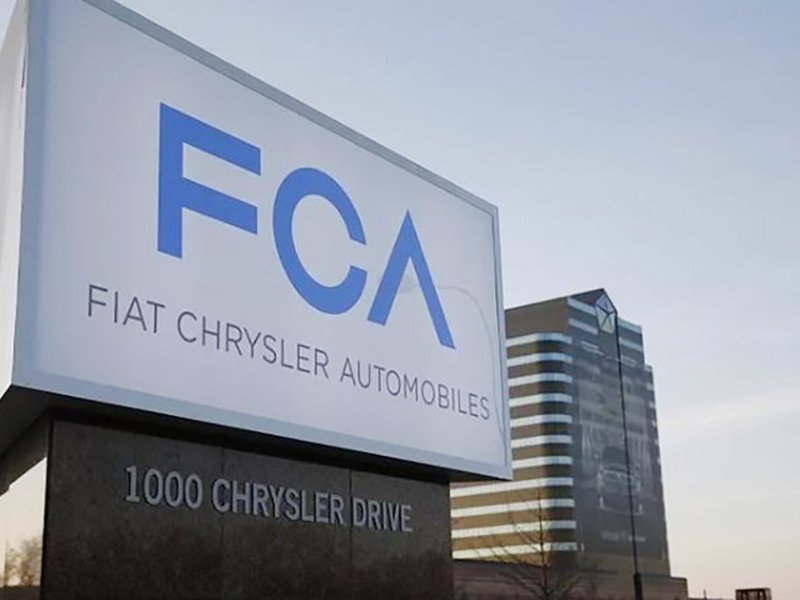
Fiat Chrysler Automobiles and the parent of iPhone assembler Foxconn plan to set up a joint venture to build electric cars and develop internet-connected vehicles.
FCA confirmed on Friday it was in talks with Hon Hai on the potential creation of a 50-50 joint venture to develop and manufacture new generation full-electric vehicles in China and engage in the IoV (Internet of Vehicles) business.
The initial focus will be on the Chinese market, with exports coming later, according to the automaker.
FCA said it is in the process of signing a preliminary agreement with Foxconn aimed at reaching final binding agreements in the next few months.
FCA’s statement came after Taiwan’s Hon Hai, the parent of Foxconn, the Chinese assembler of Apple iPhones, announced the potential joint venture in a separate statement.
Hon Hai said it would hold its 50 percent share both directly and indirectly and its direct shareholding would not exceed 40 percent.
“Hon Hai will be responsible for design, components and supply chain management,” Chairman Young Liu told Bloomberg News. He said that the company will not get into car assembly.
Hon Hai expects the automotive business to account for 10 percent of overall sales in the long run, according to Liu, and the new venture will have little impact on Hon Hai’s earnings this year.
Hon Hai and Fiat Chrysler are focusing on the China market because of sheer volume, Liu said. While consumers in the country buy more electric vehicles than anywhere else in the world, sales have slumped since the government pared back subsidies amid a broader-market downturn in demand.
Hon Hai relies on Apple for about half of sales. Past attempts to diversify its product lines haven’t been entirely successful.
The company has tried to invest in a number of electric-vehicle ventures but none has borne fruit. Hon Hai, which competes globally with the likes of Flex and Jabil, may now be counting on transferring years of consumer electronics production experience to an automotive arena that’s increasingly going high-tech.
“As autos get more and more electrified and more and more digital components replace mechanical ones — especially with EVs but also just traditional vehicles — there’s scope for a real opportunity here,” said Matthew Kanterman, an analyst with Bloomberg Intelligence. “Vertical expertise is key in auto, and so a deal like FCA — if it proves successful — can help unlock doors for Hon Hai as that would be a strong reference account.”
While Hon Hai has limited automotive experience, it does bring enormous supply-chain understanding to the table, said Michael Dunne, chief executive officer of consultant ZoZo Go. Tesla CEO Elon Musk told shareholders in 2014 that Foxconn was supplying some components to the electric-vehicle pioneer.
From Fiat Chrysler’s perspective, the automaker has struggled to crack the Chinese market for years, and tightening fuel-economy standards and electric-vehicle mandates make the task even more challenging. Its market share in the world’s largest car market was less than 1 percent in 2018.
The collaboration will “bring together the capabilities of two established global leaders across the spectrum of automobile design, engineering and manufacturing and mobile software technology,” FCA said in its statement.
CEO Mike Manley is trying to reboot Fiat Chrysler’s unprofitable Chinese operations. He restructured the automaker’s decade-old joint venture with Guangzhou Automobile Group in April, calling the shakeup an attempt to “more rapidly respond to changes in the Chinese market.”
FCA last month reached a binding agreement for a $50 billion tie-up with PSA Group that will create the world’s No. 4 automaker.
FCA is looking to make up ground in the battery-powered vehicle space with the debut of a new full-electric version of its 500 minicar at the Geneva auto show in March.
Reuters and Bloomberg contributed to this report.